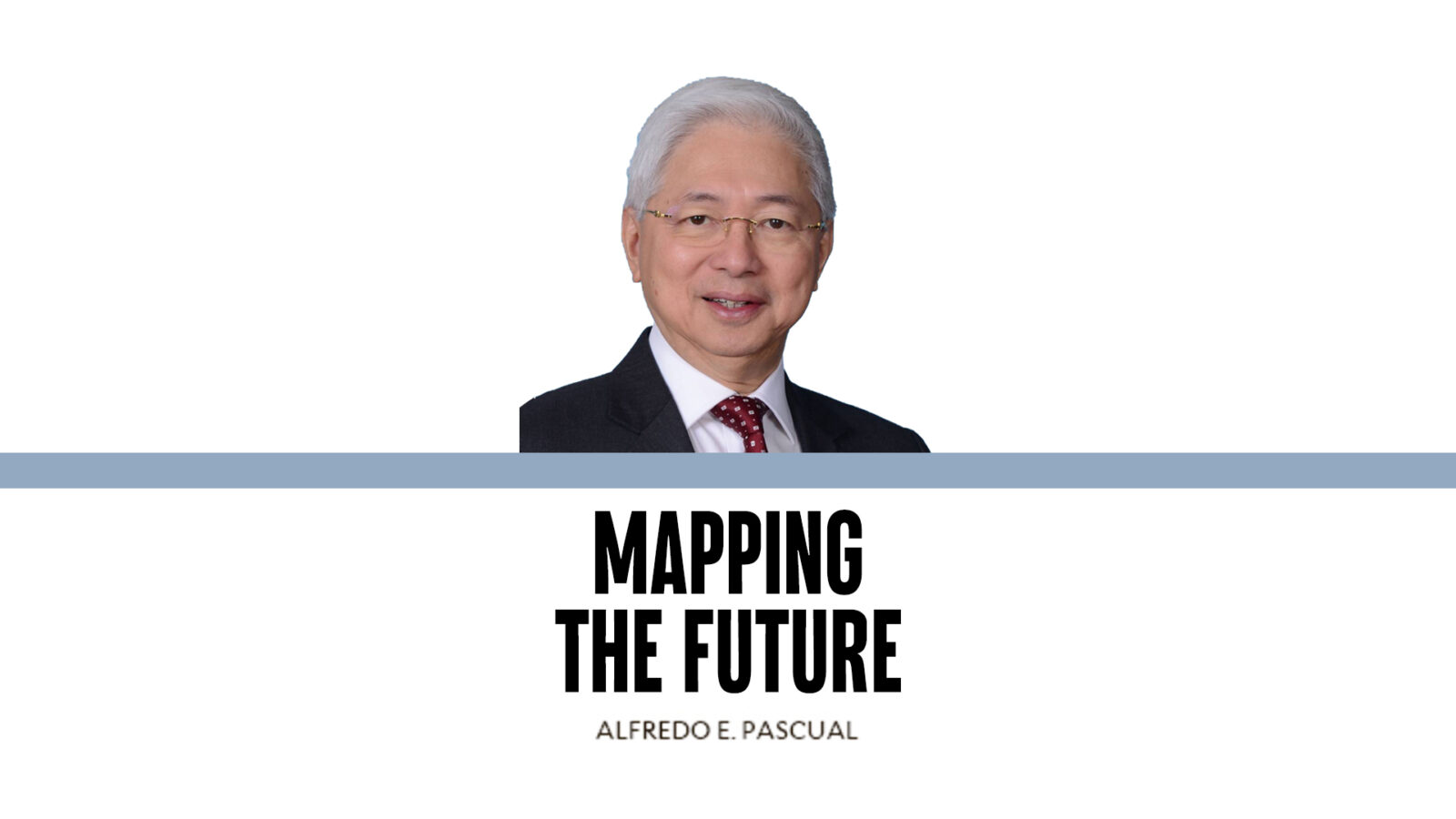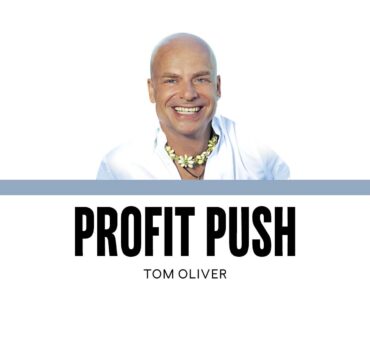For the good of all: The power of shared prosperity and steward leadership

The Philippines is at a crossroads. While the country continues its pursuit of economic growth, familiar challenges persist—poverty, inequality, environmental degradation and growing distrust in institutions. If we were to build a future where every Filipino thrives, we must go beyond surface-level reforms and embrace a new paradigm for leadership and nation-building.
At the core of our solution is shared prosperity (SP), championed by the Management Association of the Philippines (MAP). It is an advocacy that responds directly to our nation’s widening socioeconomic divide and drives many of us in business and civic life. SP redefines success: it is not just about economic growth but about ensuring that the benefits of development are distributed broadly and fairly.
To give this advocacy the moral grounding and long-term sustainability it needs, we must integrate a robust and complementary framework: steward leadership. As espoused by the Stewardship Asia Centre (SAC) of Singapore, steward leadership is the mindset that ensures SP takes root and endures.
This framework is rooted in having a strong, intrinsic, genuine intent and persistence to create a collective better future for stakeholders, society, future generations and the environment. Steward leadership is for everyone, not just those at the top. Together, the two pillars—SP and steward leadership—can transform how we govern, how we lead and how we measure progress in our nation.
SP: Our call for inclusive growth
SP is more than an economic ideal—it is a moral commitment. It asks a simple but essential question: Who benefits from growth?
Through MAP, along with partner institutions, such as the Philippines’ Institute of Corporate Directors and Institute of Solidarity in Asia, we launched the Covenant for SP to answer that question with bold, actionable commitments. The Covenant is a declaration that enterprise and governance must serve all stakeholders, not just shareholders.
It calls on leaders to:
- Provide meaningful work and fair compensation
- Treat suppliers and partners with respect and integrity
- Deliver safe, reliable and high-quality goods and services
- Actively invest in community development
- Protect and restore the environment, and
- Generate fair returns—not only for shareholders but for all who contribute to value creation.
This is not aspirational rhetoric. The Covenant includes concrete metrics and a framework for accountability. It ensures that inclusive growth is not just an aspiration, but a standard that can be measured and achieved.
Why SP needs steward leadership
While SP defines the destination, steward leadership provides the discipline and mindset needed to get there. Without a deeper ethic guiding our choices, the commitment to equity can easily fade in the face of short-term pressures.
Steward leadership, as advanced by the SAC, is about taking responsibility not only for today’s gains but for tomorrow’s consequences. It is grounded in five stewardship values:
- Interdependence: View the world as an interconnected system in which your success depends on the success of others.
- Long-term view: Create sustained value for both current and future generations.
- Ownership mentality: Take proactive responsibility to create a positive environmental and social impact.
- Creative resilience: Persist to find innovative solutions to disruptive challenges, and
- Ethical Integrity: Apply ethical judgement beyond current laws and societal norms.
These stewardship values ensure that leadership remains grounded, values-driven and future-focused. It is what can make SP not just achievable, but sustainable.
Together, they work
SP tells us what we must achieve: a fairer, more inclusive society. Steward leadership tells us how: through responsible, values-driven leadership.
This convergence is powerful. Steward leadership ensures that the pursuit of SP is not just about optics or compliance—it becomes a lived philosophy. Leaders are called not only to meet targets, but to embody the deeper purpose behind them.
A Filipino vision rooted in culture and faith
Stewardship and SP resonate deeply with the Filipino soul. These are not foreign concepts—they echo our own values.
Bayanihan (communal unity), kapwa (shared identity) and utang na loob (debt of gratitude) all point toward collective responsibility and care for others. Our faith traditions, particularly Catholic social teaching, reinforce this worldview. They teach us that we are stewards of creation and that the measure of leadership is how it serves the least among us. And SP echoes the national ambition articulated in AmBisyon Natin 2040: a prosperous, predominantly middle-class society where no one is poor.
How we move from vision to practice
To translate SP and steward leadership into real change, we must act at all levels—individual, institutional and national. Here are five practical levers:
1. Embed stewardship values in leadership development: Stewardship values must become part of how we train and evaluate leaders in boardrooms, classrooms, public service and community organizations.
2. Institutionalize SP metrics: We must hold ourselves accountable. Organizations that adopt the Covenant should report regularly on employee well-being, community investment, environmental impact and stakeholder equity.
3. Foster multisector collaboration: The challenges we face—inequality, climate risk, education gaps—are too complex for one sector to solve alone. Businesses, government, civil society and faith institutions must cocreate solutions.
4. Educate for stewardship and inclusion: Let us build these values into our school curricula, business programsand civic education. Let young Filipinos grow up understanding leadership as a call to serve others, not just self.
5. Promote transparency and public trust: Regular reporting, public recognition and peer accountability can help scale this movement. We need to highlight and celebrate institutions that lead with purpose.
The promise of convergence
Imagine a Philippines where every enterprise—public or private—is guided by the framework of SP and steward leadership. Where growth is no longer concentrated at the top, but cascades through every level of society. Where we stop asking how much we can take and start asking what we can build together.
This is the future we envisioned when we began advocating for SP at MAP. This is the future that steward leadership can help us sustain.
A leadership revolution
The time for cosmetic reforms is over. If we are to build a genuinely inclusive and resilient Philippines, we need a revolution in how we lead. SP is our vision. Stewardship is our path. Together, they offer a framework not just for organizations, but for an entire nation.
The time to act is now. Leaders in every sector—business, government, education and beyond—must rise to the occasion. Let us build a nation where prosperity is shared, leadership is ethical and every Filipino has a fair chance at a better life. The outcome will be a future where everyone wins and the nation’s status is elevated globally.
The author is former president of Management Association of the Philippines, former president of University of the Philippines and former secretary of Department of Trade and Industry. Feedback at map@map.org.ph and aepascual@gmail.com.





















No more closed doors in the budget process